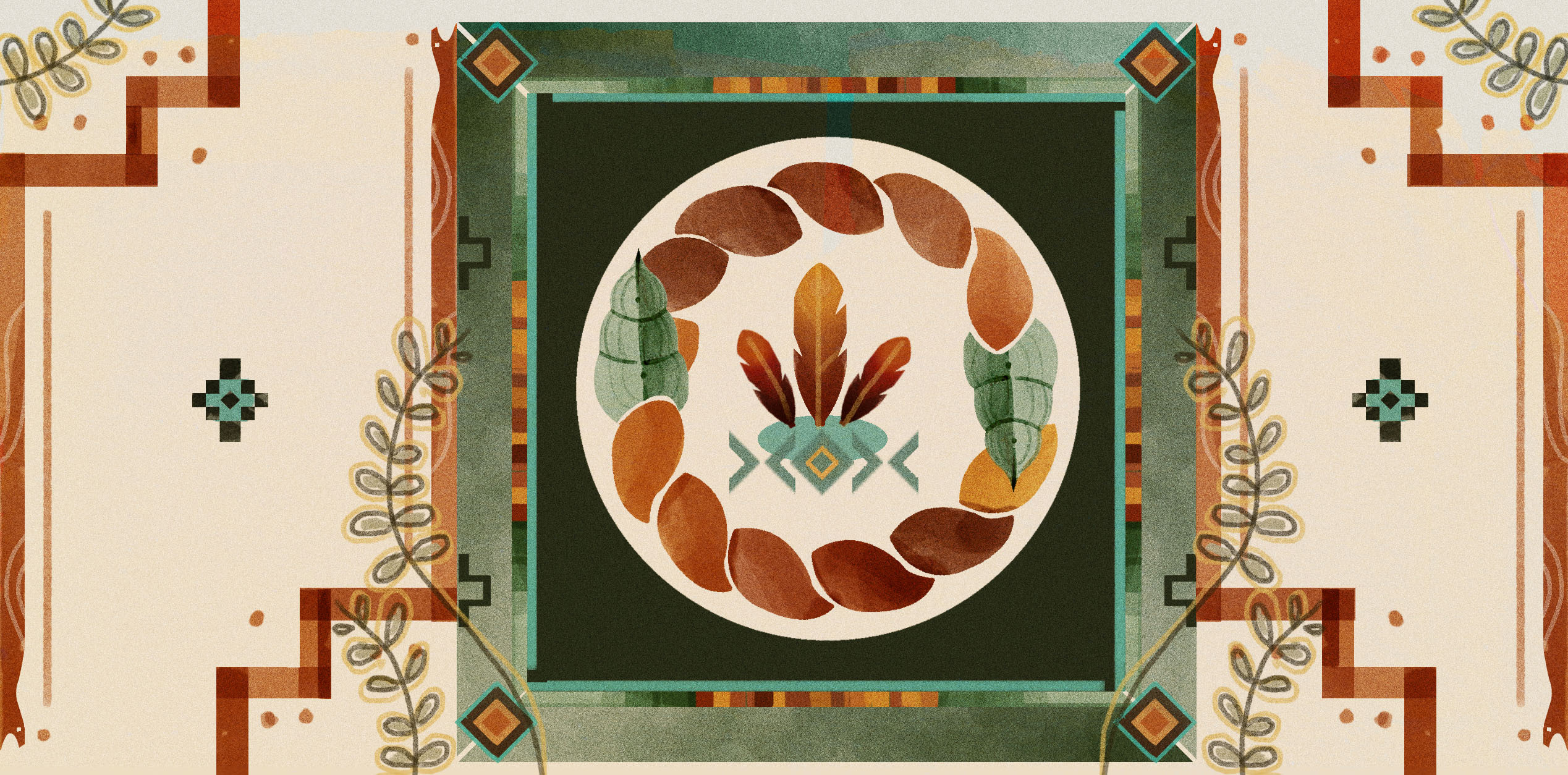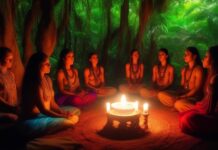- Psychedelics and Attachment: Fundamentals, Implications, and New Frontiers - April 15, 2025
- Indigenous Reciprocity Initiative (IRI) Support Internship (OPEN) - April 10, 2025
- Development Outreach Internship (OPEN) - April 10, 2025
II AYA: Open Letter from the Indigenous People of Acre, Brazil Nixi Pae, Huni Pae, Uni Pae,Kamarãbi, Kamalanbi, Shuri, Yajé, Kaapi…
THE II WORLD AYAHUASCA CONFERENCE was held in the city of Rio Branco, Acre from 17th – 21st October 2016, the main objective of which was: “to promote a space for dialogue, sharing and learning, synergy and collaboration, while respecting the cultural diversity of the traditions of Ayahuasca”.
We, the undersigned, present at this conference, belong to the Yawanawa, Shanenawa, Ja- minawa, Huni kuĩ, Apurinã, Manchinery, Katukina, Nukini, Puyanawa, Ashaninka, Madja, Ja- mamadi, Nawa, Shawãdawa, Apolima-Arara, Jaminawa-Arara and Kuntawa indigenous communities, in the State of Acre and South of Amazonia since our ancestors, are 17 indigenous communi-ties from 36 indigenous lands recognized by the federal government, speakers of the languages Pano, Aruak and Arawa, totalling an estimated population of 23,000 indigenous people, distributed across approximately 230 villages. It is worth remembering that these lands are located in 11 of the 22 municipalities in Acre.
THE II WORLD AYAHUASCA CONFERENCE was held in the city of Rio Branco, Acre from 17th – 21st October 2016, the main objective of which was: “to promote a space for dialogue, sharing and learning, synergy and collaboration, while respecting the cultural diversity of the traditions of Ayahuasca”.
However, we realized from the presentation of the first table, made up of indigenous repre- sentatives, that the “dialogue, sharing and learning, synergy and collaboration” that is the main ob-jective of this conference, would not take place between indigenous and plenary debaters, given the short amount of time available for this purpose, envisioned by the organizers.
Thus, we express our point of view with the following questions:
Even though this event has a large number of indigenous participants, we are not feeling included in its creation and organization.
1. Even though this event has a large number of indigenous participants, we are not feeling included in its creation and organization.
2. Through of a largely indigenous dialogue, we the participants of this conference will not take any decision relating to the matters raised during this event, especially those of a more relevant nature, such as cultural heritage, records, without first:
A) promoting the holding of indigenous meetings in which all those with knowledge of the plants (cipó and folha) are present, with whom the sacred drink known as Ayahuasca is prepared, in the presence of the institutions, those responsible and those involved in the discussions over cultural heritage, with the aim of discussing the subject in more depth, because during their fragmented approach at the conference, it was not clear for indigenous communities exactly what this means.
B) Create a Technical Group (TG) to be coordinated and guided by the indigenous communities to carry out consultations regarding those knowledgeable about Ayahuasca and Decree no. 051 of 19th April 2004, which states that Brazil must respect Convention 169 of the International Labor Organization – ILO, and consult the indigenous communities before the works (in advance) so that these communities can choose to be consulted (free) and still have to take all the information that exists on the venture (informed).
C) form a board of ethics to discuss the subject of the origin and define crite- ria for the use and cultural heritage of Ayahuasca, and from this perspective and understanding, hold meetings with churches and other sects that use this sacred drink. In this way, we can present our position on the issues on the agenda.
D) We require a guarantee of participation of indigenous peoples in other Brazilian states that use the sacred drink in the discussion about cultural heritage;
E) We also require the right to participate in and plan future World Ayahuasca Conferences;
Finally, we require that the World Ayahuasca Conferences and the public and private institutions, discussing the subject should recognize the traditions for the use, healing and preparation by the spiritual leaders of the indigenous communities.
F) Finally, we require that the World Ayahuasca Conferences and the public and private institutions, discussing the subject should recognize the traditions for the use, healing and preparation by the spiritual leaders of the indigenous communities.
Finally, we would like to reaffirm that we are willing to build a common future with respect to the diversity of use of the indigenous peoples and to collaborate in all the processes for the progress of discussions for the use and the right to the consecration of the drink for all mankind.
In this sense, we would like to thank the effort of ICEERS, UFAC, the indigenous commu- nities and organizations regarding the organization of the II World Ayahuasca Conference to integrate and unite all the players in the Ayahuasca universe.
Haux, Haux!
Rio Branco, 22nd October 2016
Art by Karina Alvarez.
—
Note: this article was originally published here, and republished here
Take a minute to browse our stock:
Did you enjoy reading this article?
Please support Chacruna's work by donating to us. We are an independent organization and we offer free education and advocacy for psychedelic plant medicines. We are a team of dedicated volunteers!
Can you help Chacruna advance cultural understanding around these substances?














